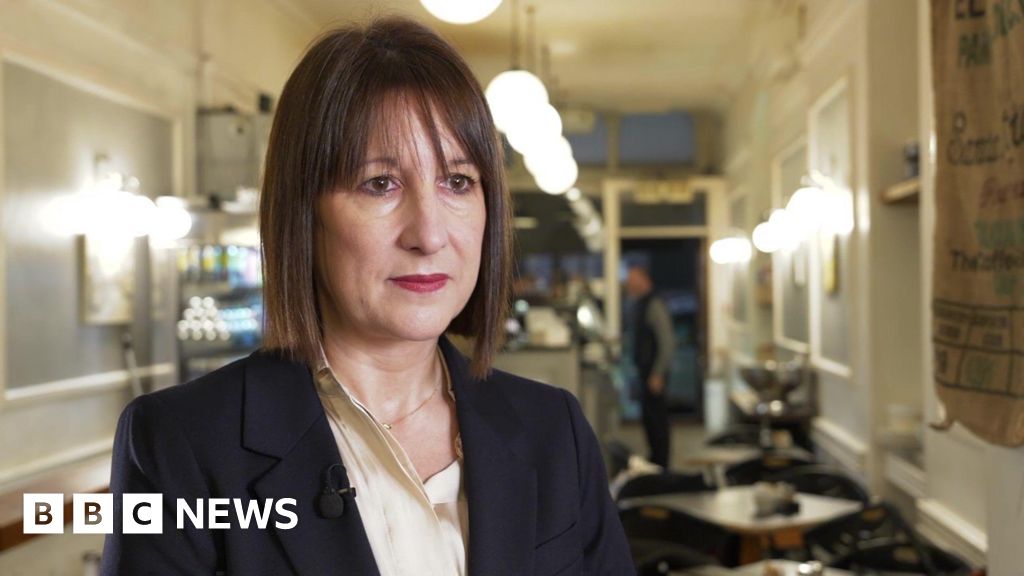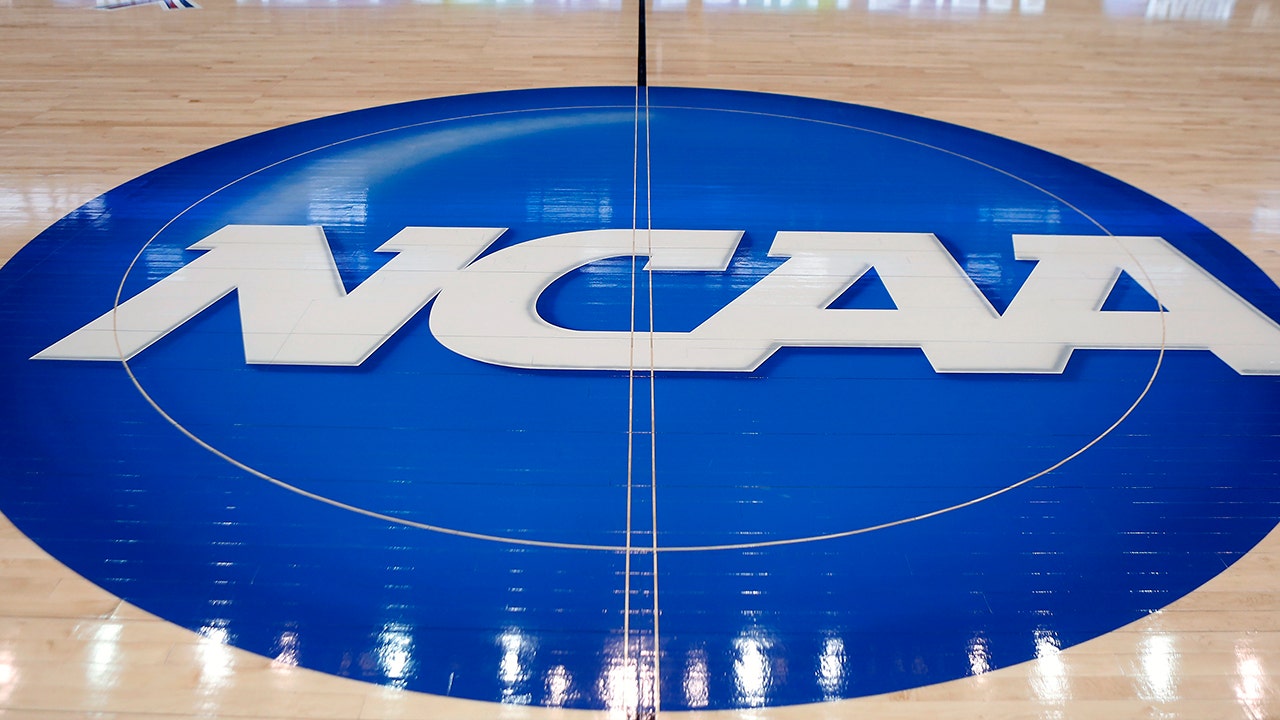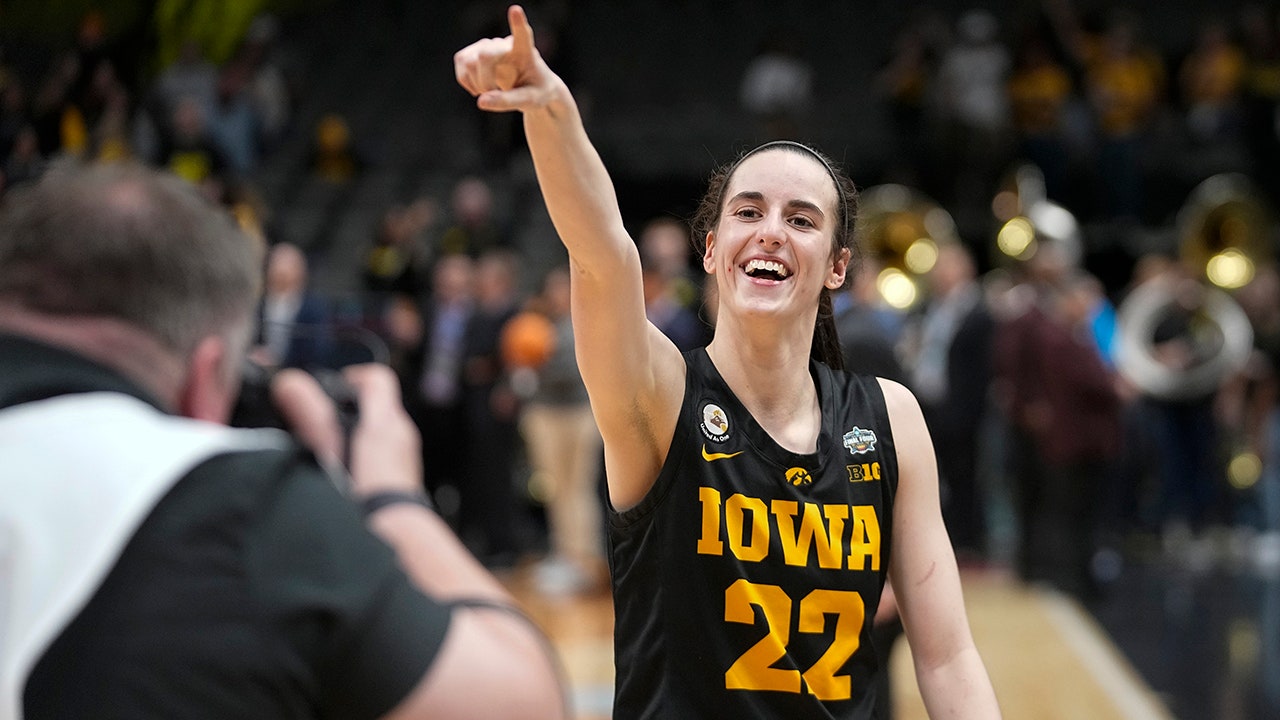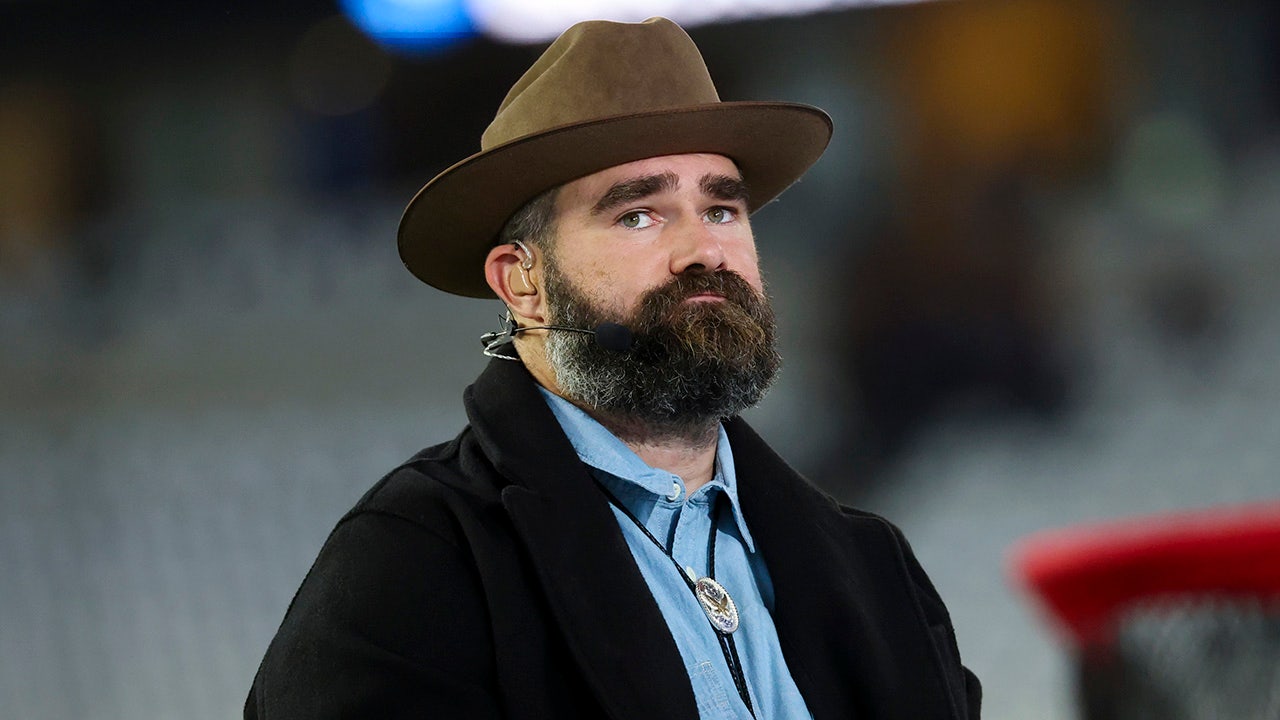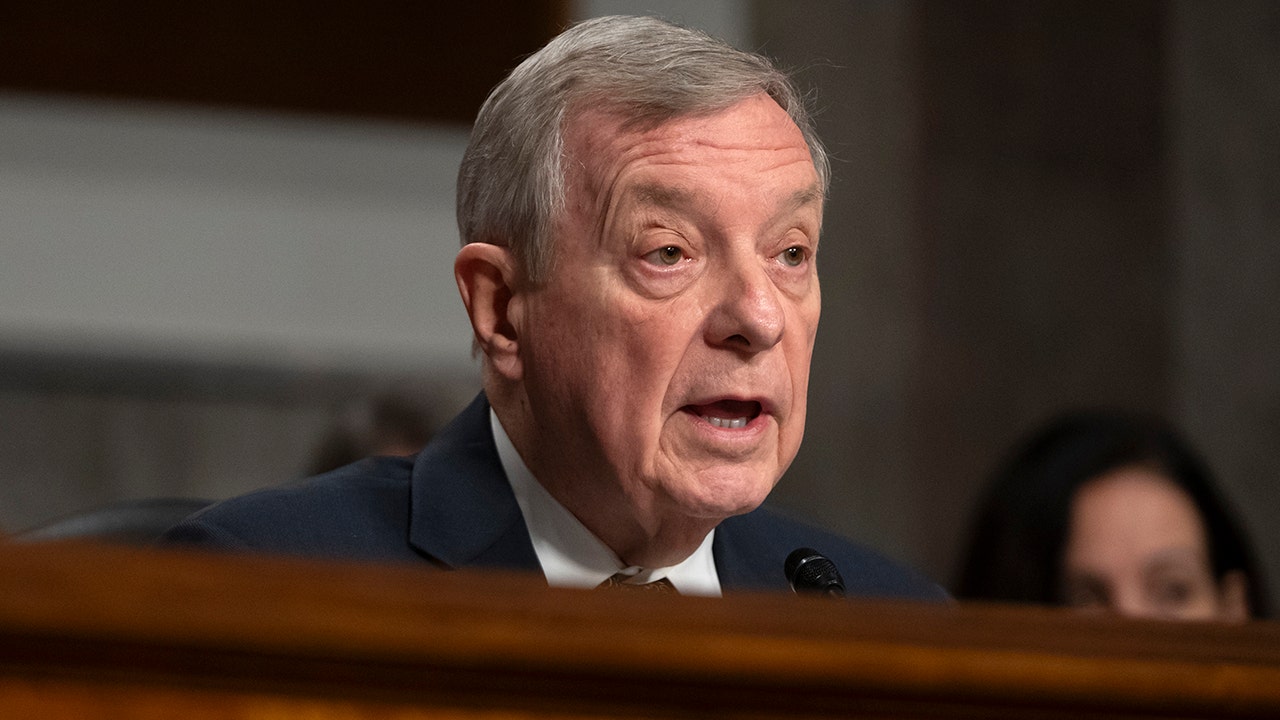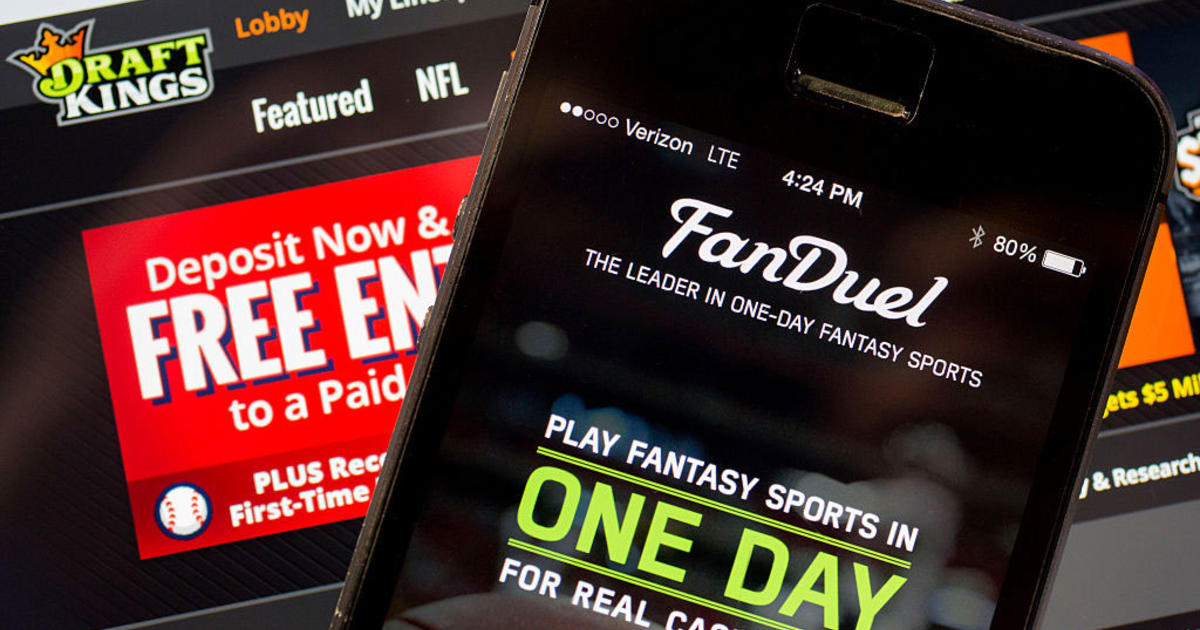Massachusetts sports fans raced to their cellphones Friday to begin placing bets as the state allowed online sports wagering just days ahead of next week’s start of the NCAA college basketball tournament.
The start of online sports gambling came a little over a month after the state began allowing people to place wagers in person at the state’s three casinos. State lawmakers estimate sports betting could generate about $60 million in annual tax revenue and $70 million to $80 million in initial licensing fees, which must be renewed every five years.
States began legalizing online sports betting four years ago after a U.S. Supreme Court ruling from 2018 struck down a federal law barring gambling on football, basketball, baseball and other sports. States where sports betting is legal have reported millions of dollars in added tax revenue, according to gaming association data.
Massachusetts’ timing for launching sports is ideal, said Taylor Foehl, a 31-year-old graduate student in Boston.
“It’s definitely a good time for it with college basketball reaching their playoffs,” he said. “I’m a big sports fan, particularly of Boston sports. I’ll watch just about every minute of every game when I can.”
Just after the 10 a.m. start of online wagering on Friday, Foehl placed a $5 bet on Purdue to defeat Rutgers in their Big Ten men’s college basketball matchup. Foehl said he hadn’t gambled in the past, but that he placed the wager using the FanDuel app “to have a little action on the game” they were watching.
Richard Bradshaw, a retiree from Worcester, said he was also looking forward to placing online bets. He said being able to bet directly on college teams could make March Madness office pools “a thing of the past,” but could draw him to teams and sports he might otherwise ignore.
“To watch a game, a meaningless game, now it’s got some meaning if you’ve got $20 on it,” Bradshaw said. “Even golf. I’m watching golf if I’m betting on it.”
Gambling addiction workers have also been preparing for online sports betting.
Marlene Warner, CEO of the nonprofit Massachusetts Council on Gaming and Health, said her organization is expecting an uptick in addiction from young men. That particular demographic is also one of the hardest groups to reach with help for problem gambling, she added. She warned that young men are both the primary audience for sports wagering and some of those most at risk of gambling at harmful levels.
With Massachusetts on board, 33 states now have legalized online sports betting, according to the American Gaming Association. Lawmakers in another eight states, including Kentucky and Missouri, have introduced to legalize the hobby, the association said.









